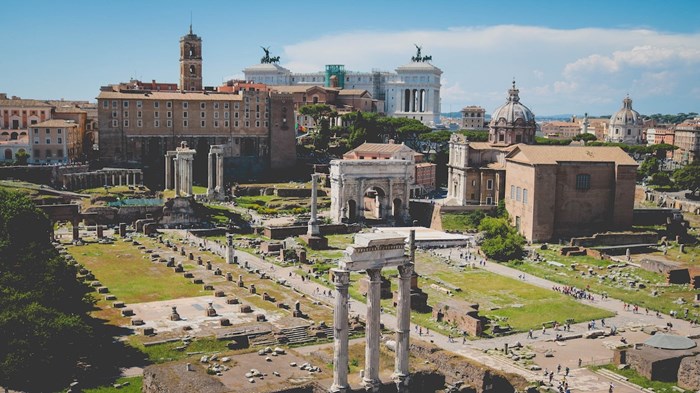Book of Revelation: Who's the Problem?

Sometimes our history of reading a book blocks our ability to read it better. If one reads Revelation as a chronologically ordering of “this happens and then this happens” we will be reading Revelation poorly.
What can we do to read it well? Read David Mathewson! (A Companion to the Book of Revelation)
Chop it into is sections (2-3, 4-5, 6-16, 17-20, 21-22). Then read each as speaking to the churches in 2-3, and then ask again “Who is on the stage?” and “What is each doing?” (see below for the Stage Players). Then ask what the long-term goal is. Hint: it’s not about Israel becoming a nation again in 1948 or so.
So, again, here are the Stage Players.
The Protagonists:
- God, the one seated on the throne
- Jesus Christ – Son of Man, Alpha and Omega, King of kings, Lamb, Judge
- The Spirit – seven spirits and inspirer of the visions
- Angels – zooming in and out of scenes
- The people of God, the church – for whom the stage is set: 144,000, 2 witnesses, etc.
The Antagonists:
- The Dragon, Satan
- The two beasts
- Babylon (Rome)
- Those who dwell on the earth
- The nations
- The earth itself
Then what has helped me most is to see 6-16 sorting out in general ways the judgment of God. With several amazing “interludes” (interruptions) that give the reader a breather to see that God’s on the Throne and God’s gonna make things right and the good guys are gonna win and the bad guys are gonna lose.
So, with 6-16 as a series of judgments (seals, trumpets, bowls).
The judgments get real in 17-20 because the Problem is revealed: Babylon. (That is, Rome.) Babylon is a biblical trope for oppressors of God’s people and Rome fits the bill and then some.
What’s the problem with Babylon? Babylon’s economic exploitations, Babylon’s sick immoralities, and Babylon’s idolatries. Those make Babylon the problem, and Babylon’s evil and so turns its sicknesses against what is right and so the good folks suffer and get persecuted and are put to death.
The battle lines are drawn, the battle is cosmic and not just on earth (if at all), and the winner takes all. The beast, the false witnesses, the dragon, the prostitute, Babylon.
Vs. God and the people of God.
This is a theo-political battle between what is just and what is exploitative, between what is right and what is wrong, between the good folk and evil folk. The battle lines are drawn in this book in order to show …
… that God will win, that right will be right and wrong will be wrong.
There will be a great big dinner banquet, the trope-like enemies defeated, and then the God’s people will dwell in God’s world in God’s way: in peace, with justice, mercy and wisdom and love.
The problem is Babylon – for the reasons above not for simple political reasons – and the solution is divine victory so the world will be right side up.
Mathewson notes these implications of this book:
- A call to worship
- A call to mission
- A call to faithful obedience and discipleship
- A critique of godless and unjust empires
The Roman forum – some of which was 1st Century – is a thin shadow of the empire it once was.
Jesus Creed is a part of CT's
Blog Forum. Support the work of CT.
Subscribe and get one year free.
The views of the blogger do not necessarily reflect those of Christianity Today.


















